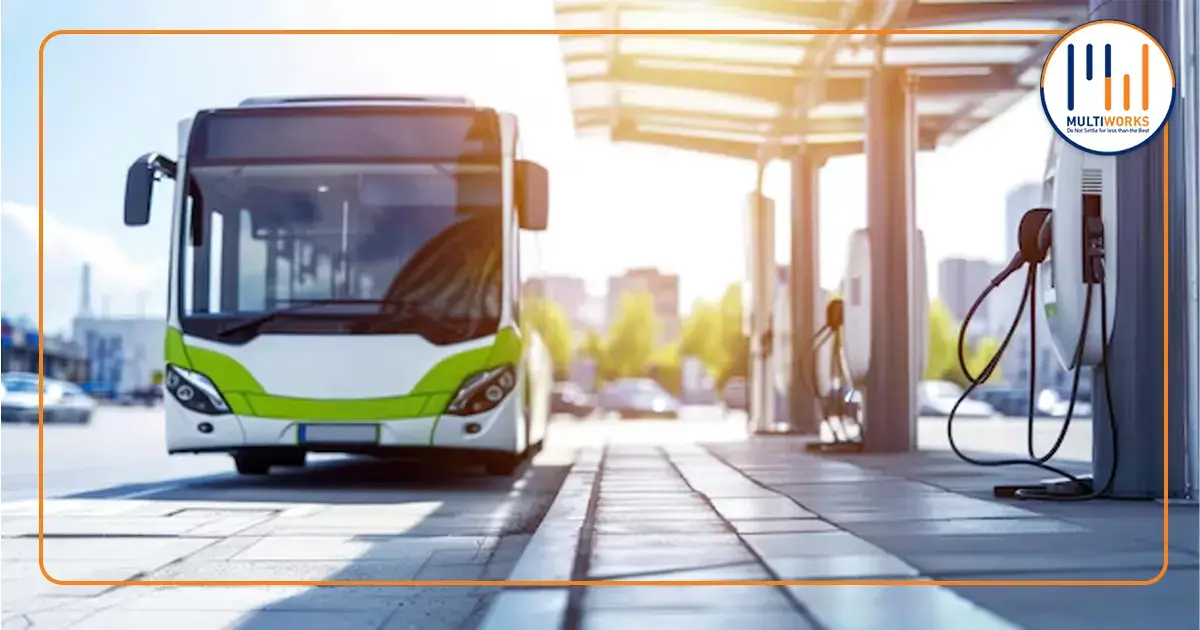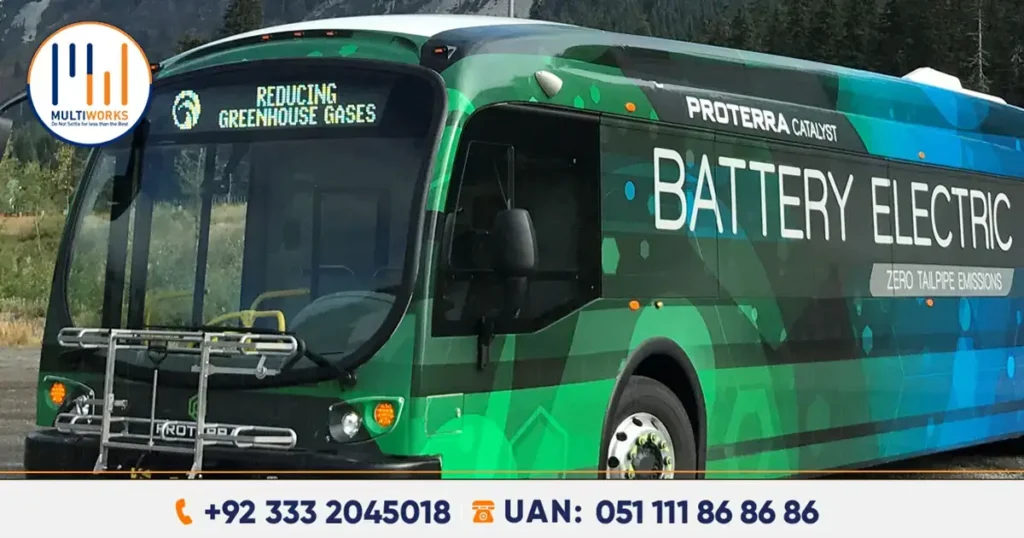Rawalpindi is set to embark on a transformative journey toward sustainable urban transport with the introduction of 102 electric buses. This initiative aims to fight air pollution, enhance public transport, and contribute to the city’s growing environmental awareness. The project is composed to revolutionize Rawalpindi’s transport infrastructure while alignin.comg with the Punjab Government’s 2024/25 urban development agenda.
Read More: Rawalpindi Ring Road Development: 37% Completed, Targeting Completion in 2025
Key Highlights of the Project
- Project Scope: Covering 84 kilometers across 10 major routes, the electric bus project will ensure convenient access to eco-friendly public transport for thousands of commuters.
- Budget Allocation: With an estimated value exceeding the Punjab government has set aside Rs. 7 billion and Rs. 4.7 billion to kickstart the project.
- Timeline: Administrative approval has been granted for completion by November 2025, marking a crucial milestone for urban development in the region.
- Implementation Agency: The Punjab Mass Transit Authority (PMTA) will oversee the execution, ensuring compliance with environmental and operational standards.
Why Electric Buses Matter
Rawalpindi has long grappled with challenges related to air quality degradation and outdated transport systems. The electric bus project addresses these issues by:
- Reducing Air Pollution: Electric buses are emission-free, significantly curbing harmful pollutants such as PM2.5 and NOx.
- Promoting Green Technology: This initiative supports the shift toward clean energy solutions in Pakistan’s urban centers.
- Enhancing Public Transport: The addition of 10 new routes will alleviate congestion and improve connectivity across Rawalpindi.
Read More: RDA Takes Action to Preserve Green Areas and Suspends New Housing Developments

Government’s Role in Driving Change
The announcement follows the 39th Provincial Development Working Party meeting held on October 25, where key decisions about sustainable transport solutions were finalized. This move aligns with the government’s broader vision of justifying urban smog and reducing reliance on fossil fuels.
Justice Shahid Karim of the Lahore High Court has also emphasized stricter vehicle inspections under the Vehicle Inspection and Certification System (VICS) to regulate emissions and reduce pollution caused by aging public and private transport.
Environmental Benefits of the Project
The Punjab Environmental Protection Agency (EPA) has reported a substantial reduction in industrial emissions over the past eight months due to multi-sector collaboration. The electric bus initiative builds on this momentum by targeting the transport sector, a significant contributor to smog and greenhouse gas emissions.
Conclusion: A Step Toward a Cleaner Future
Rawalpindi’s electric bus project demonstrates a pivotal shift toward sustainable urban living. By addressing air pollution and improving public transport, the city is setting a benchmark for other urban centers in Pakistan. With its completion scheduled for 2025, residents can look forward to a cleaner, greener, and more efficient transport system.
For more updates stay tuned to Multiworks




